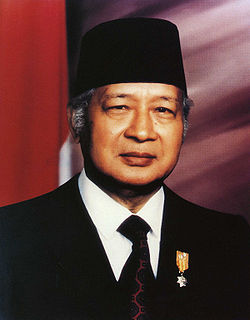A Quote by Dale Carnegie
Flattery is telling the other person precisely what he thinks about himself.
Related Quotes
I am deeply distressed by what I only can call in our Christian culture the idolatry of the Scriptures. For many Christians, the Bible is not a pointer to God but God himself... God cannot be confined within the covers of a leather-bound book. I develop a nasty rash around people who speak as if mere scrutiny of its pages will reveal precisely how God thinks and precisely what God wants.
The poet presents the imagination with images from life and human characters and situations, sets them all in motion and leaves itto the beholder to let these images take his thoughts as far as his mental powers will permit. This is why he is able to engage men of the most differing capabilities, indeed fools and sages together. The philosopher, on the other hand, presents not life itself but the finished thoughts which he has abstracted from it and then demands that the reader should think precisely as, and precisely as far as, he himself thinks. That is why his public is so small.
When we are not engaged in thinking about some definite problem, we usually spend about 95 percent of our time thinking about ourselves. Now, if we stop thinking about ourselves for a while and begin to think of the other person's good points, we won't have to resort to flattery so cheap and false that it can be spotted almost before it is out of the mouth.



































